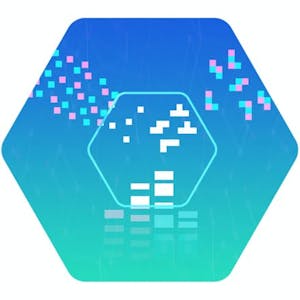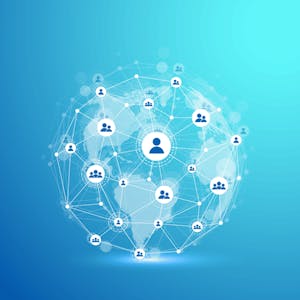Serverless Data Processing with Dataflow: Foundations
About this Course
This course is part 1 of a 3-course series on Serverless Data Processing with Dataflow. In this first course, we start with a refresher of what Apache Beam is and its relationship with Dataflow. Next, we talk about the Apache Beam vision and the benefits of the Beam Portability framework. The Beam Portability framework achieves the vision that a developer can use their favorite programming language with their preferred execution backend. We then show you how Dataflow allows you to separate compute and storage while saving money, and how identity, access, and management tools interact with your Dataflow pipelines. Lastly, we look at how to implement the right security model for your use case on Dataflow. Prerequisites: The Serverless Data Processing with Dataflow course series builds on the concepts covered in the Data Engineering specialization. We recommend the following prerequisite courses: (i)Building batch data pipelines on Google Cloud : covers core Dataflow principles (ii)Building Resilient Streaming Analytics Systems on Google Cloud : covers streaming basics concepts like windowing, triggers, and watermarks >>> By enrolling in this course you agree to the Qwiklabs Terms of Service as set out in the FAQ and located at:
Related Online Courses
Welcome to the Erasmus University Rotterdam Open Science MOOC! This course aims to empower researchers and research support professionals with foundational knowledge to conduct, support, and... more
This course will give you an introduction to bacteria and chronic infections. Leading experts in the field will make you familiar with the fundamental concepts of microbiology and bacteriology such... more
AWS: Networking and Content Delivery Course is the third course of Exam Prep DVA-C02: AWS Certified Developer Associate Specialization. This course covers fundamental concepts of Amazon Virtual... more
This is a self-paced lab that takes place in the Google Cloud console. Visualize the Google Cloud Cortex Data Foundation for SAP by viewing reports pre-installed in a Looker instanceCreated by:... more
This comprehensive SEO program will equip you with the skills needed to excel in entry-level roles in digital marketing. You\'ll learn to optimize websites, enhance search rankings, and drive... more







